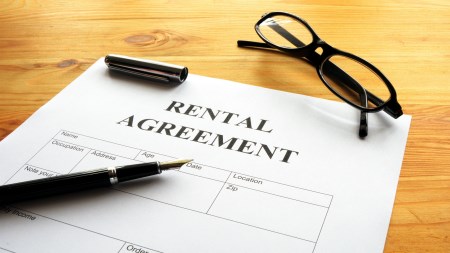A good managing agent can take the stress of managing an investment property off landlords. Here are a few tips to help you choose a managing agent.
For most people, property ranks high on the agenda. Most people take pride in their property and will go to great lengths to ensure that it is well looked after. The same principle (generally) applies to rental properties. Most landlords have a vested interest in insuring their rental property is well looked after and continues to be maintained. However, the time it takes to manage such properties, particularly if there are multiple properties involved can be onerous which is why many landlords turn to managing agents to manage their properties on their behalf.
Before arbitrarily contracting a managing agent, there are a few things landlords should do to make sure they are engaging with a managing agent which will suit them.
Do your homework
Shop around and see which managing agents have a presence in your property’s area. Are they well known and have they been doing business in the area for some time or are they new to the scene and purport to be able to do things which sound too be good to be true? Go one step further and check consumer complaints sites to see if the company has complaints lodged against them. A large number of complaints about certain matters can tell you a lot about how a managing agent conducts itself. As ever, it’s usually also a good idea to go with a company that is recommended to you by friends or family who have had direct experience with the company in question.
Compare
As is the case with car insurance and various other offerings, it’s a good idea to compare exactly what it is you are getting from one managing agent to another. How managing agents manage their portfolios can differ greatly from one company to another which might not suit you. For instance, while one company may have a dedicated maintenance department on call to remedy repairs to properties on your behalf, others may not which places the onus on you to carry out all repairs.
Similarly, although most managing agents operate according to similar fee structures, some charge differently for different services so it’s useful to have a few figures available which can serve as a useful benchmark. Keep in mind that if you happen to own several rental properties in need of management you can usually negotiate a better managing rate too.
Are they prepared to accommodate you?
Speak to the managing agent’s representatives about some of your concerns or special requests. For example, you may wish to add an addendum to the lease or stipulate that you only want to lease the property to non-smokers. Are they willing to accommodate you? If not, why not? If they are not willing to accommodate you (within reason) it’s probably best to look elsewhere.
Will they look after your legal interests?
Renting property always involves a measure of risk. Ask the managing agent if they will issue breach notices and the like to your tenants should the need arise. It’s also a good idea to find out how they would proceed should the need to evict a tenant occur. Do they have any arrangements in place with law firms who could assist them (and you) if need be? Having a managing agent act as a ‘buffer’ of sorts between you and the tenant under such circumstances can also be comforting.
Read the small print!
As is the case with all contracts it is absolutely imperative that you read and understand the contract a managing agent sends you. The same applies to the lease the managing agent arranges with tenants on your behalf. Make sure you obtain a copy of the lease and that you are completely satisfied with it. You do not want to sign documentation which locks you in for unnecessarily long periods and contains clauses which actually don’t work in your favour because it will be very difficult to back out of, if at all later down the line.




